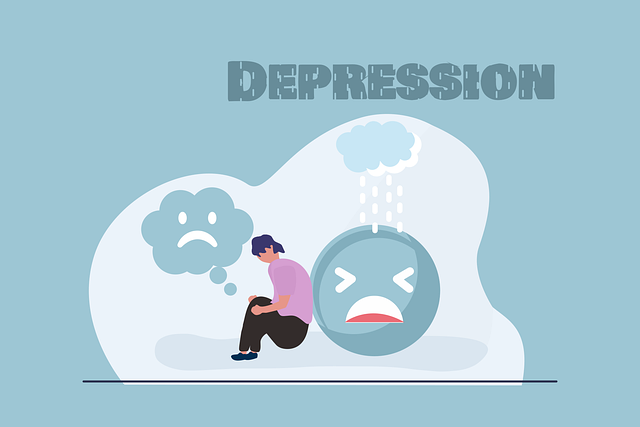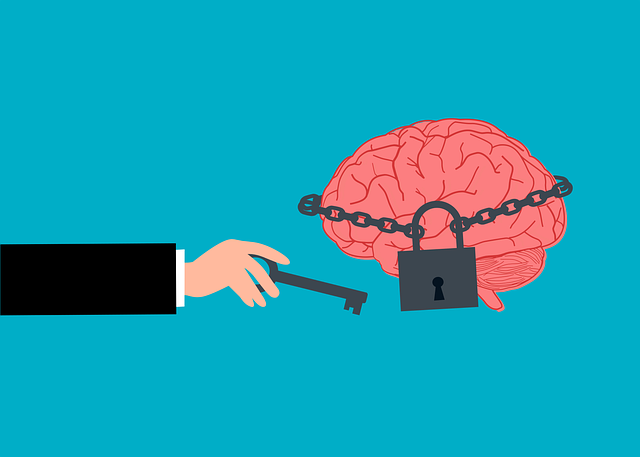Boulder Sexual Abuse Survivor Therapy (BSAST) is a specialized approach focused on empowering individuals through tailored emotional healing strategies. By combining empathy-building, mindfulness techniques, and cultural sensitivity, BSAST assists survivors in managing complex emotions resulting from sexual abuse. Through structured sessions teaching emotional intelligence, mental wellness journaling, and practical tools like stress management workshops, clients develop healthy coping mechanisms, cultivate resilience, and reclaim emotional control, ultimately enhancing their long-term mental health and well-being.
Emotion regulation techniques are essential tools for survivors of sexual abuse, offering valuable coping mechanisms to navigate and manage complex emotional landscapes. This article explores effective strategies tailored to the unique needs of those who have endured such trauma. We delve into the importance of therapy in teaching adaptive skills, providing practical techniques for processing and mitigating emotional distress, and discussing long-term resilience-building strategies for optimal well-being. For Boulder sexual abuse survivor therapy resources, look no further than these insightful guides.
- Understanding Emotion Regulation for Survivors of Sexual Abuse
- The Role of Therapy in Teaching Effective Coping Mechanisms
- Techniques to Help Process and Manage Emotional Trauma
- Building Resilience: Long-term Strategies for Emotional Well-being
Understanding Emotion Regulation for Survivors of Sexual Abuse

Surviving sexual abuse can leave individuals grappling with intense and complex emotions, making effective emotion regulation a vital tool for healing. Understanding and managing these feelings is essential for anyone seeking to rebuild their life after such traumatic experiences. Boulder Sexual Abuse Survivor Therapy focuses on empowering individuals to develop healthy coping mechanisms tailored to their unique needs.
The journey towards emotional recovery involves several strategies, including empathy-building techniques that foster understanding and connection. Mental healthcare professionals play a crucial role in teaching survivors the art of mindfulness, encouraging them to stay present and regulate their responses. By integrating Mind Over Matter principles, therapists help clients challenge negative thought patterns and cultivate resilience. Additionally, Cultural Sensitivity in Mental Healthcare Practice ensures that survivors from diverse backgrounds receive tailored support, addressing individual cultural nuances essential for effective emotion regulation.
The Role of Therapy in Teaching Effective Coping Mechanisms

Therapy plays a pivotal role in empowering individuals, especially Boulder sexual abuse survivor therapy clients, to develop effective emotion regulation techniques. Skilled therapists provide a safe space for clients to explore and understand their emotions, offering valuable guidance on coping mechanisms tailored to their unique experiences. Through structured sessions, clients learn to identify and manage their emotional responses, gaining insights that translate into practical tools for daily life.
The process involves teaching emotional intelligence, a key component in mental health education programs design. By integrating techniques such as Mental Wellness Journaling Exercise Guidance, individuals gain self-awareness and develop healthier ways to express and regulate their emotions. This not only enhances their overall mental wellness but also equips them with strategies to navigate challenging situations, fostering resilience and personal growth.
Techniques to Help Process and Manage Emotional Trauma

Emotional trauma often requires specialized techniques to process and manage effectively. One proven method for survivors is Boulder Sexual Abuse Survivor Therapy (BSAST), which focuses on creating a safe, supportive environment. Through BSAST, individuals learn to identify and express their emotions, gaining tools to regulate intense feelings triggered by past traumas. This process involves exploring the root causes of emotional distress, fostering self-compassion, and developing healthy coping mechanisms tailored to individual needs.
Complementing therapy sessions, Empathy Building Strategies and Stress Management Workshops Organization offer practical skills for trauma survivors. These strategies empower individuals to navigate their emotions in daily life, enhancing resilience. By combining therapeutic approaches with stress management techniques, survivors can begin to heal, reclaim control over their emotional responses, and improve overall mental health. This holistic approach is crucial in addressing the complex needs of those who have experienced traumatic events, as highlighted by recent Mental Health Policy Analysis and Advocacy efforts worldwide.
Building Resilience: Long-term Strategies for Emotional Well-being

In the context of Boulder Sexual Abuse Survivor Therapy, building resilience is a cornerstone of long-term emotional well-being. Survivors often face significant and complex emotions following traumatic experiences, making effective emotional regulation techniques crucial. Through specialized therapy, individuals learn powerful tools for mood management, crisis intervention guidance, and emotional regulation strategies tailored to their unique needs. These coping mechanisms empower survivors to navigate challenging situations with greater ease, foster a sense of stability, and promote overall healing.
Emotion regulation techniques are invaluable tools for survivors of sexual abuse, offering pathways to process trauma and foster long-term emotional well-being. Through therapy, individuals can learn effective coping mechanisms that empower them to navigate their emotions healthily. By understanding and applying these strategies, Boulder sexual abuse survivor therapy can play a pivotal role in the healing process, enabling clients to build resilience and reclaim their lives.














